There are tons of hugely popular free-to-play games: Fortnite, Rocket League, Fall Guys, and so on and so on. I’m happy gamers on a tight budget always have something to play—and I’ve played many myself—but I still hate the experience of free-to-play games for a few reasons.

Related
The Hidden Costs of Free Games
Can I please just pay you to make all of this go away?
5
Microtransactions (Obviously)
Although you can play all of these games for free, they’re all trying to get you to spend money on in-game purchases in one way or another. It might be a season pass, a cosmetic upgrade, or a way to speed up frustrating wait times. Whatever it is, it’s inescapable and annoying.
Of course, I completely understand that these games cost a fortune to develop, so they can’t be given away completely for free. Their existence depends on people making microtransactions within the game, and I appreciate that these purchases are almost always optional. You don’t need to spend any money.
But that doesn’t make them any less frustrating. Free-to-play games are constantly peddling their wares in popups, loading screens, notifications, alerts, flash sales, and more. It’s exhausting trying to ignore it all the time and is a big factor that makes me prefer spending money on a different game so I can get away from the nagging ads.
4
Complicated Interfaces
I’m yet to play a free-to-play game that isn’t plagued with a complicated, busy, and intimidating user interface. Even titles with incredibly simplistic gameplay, like Fall Guys, have surprisingly convoluted menu screens, with loud colors, tons of options, and a lot to wrap your head around when you first start playing the game.
Presumably, the benefit of this is that it gives more options and boosts engagement for long-time players. The more time you spend with any game, the more familiar you’ll get with all these options. As new updates drop, new features get added to the menus, and long-time gamers will likely still be able to find their way around them just fine.
But I find these menus overwhelming and exhausting! When booting up a free-to-play game for the first time, it normally takes me half a minute or so scouring all the options and trying to figure out how to actually start playing a game. After that, I just try to ignore most of the options, but it’s still something that puts me off returning to the game.
3
So Much Wait Time
Due to the nature of most free-to-play games, there’s normally a significant amount of time spent waiting around, instead of actually getting to play.
First of all, these games are constantly getting updated (in order to keep long-time players engaged). But that means you often sit down to play, only to find you’ve got to wait for an update to download, initialize, and install.
After that, if it’s an online multiplayer experience, you’ll probably spend a significant amount of time waiting in a lobby for a game to start. Depending on the nature of the game—for instance, if it’s a battle royal—you may die within a few minutes and be back to waiting around for the next game. Sure, I could “get good” to avoid that issue, but why bother when that’ll still involve so much waiting around as I build my skills.
On top of that, many free-to-play games, like life sims and base builders, incorporate waiting into the gameplay mechanics themselves, to either keep you coming back at a later time or incentivize in-game purchases that cut down on waiting. You might be waiting for a Warframe to build, for a crop to grow, or for a reward to reset. Whatever it is, it’s another big frustration that keeps me from actually getting to play the game.
2
Poor Optimization
Almost all the most popular free-to-play games are available to play on every major console. But that doesn’t mean they run well on all those consoles. In particular, I’m referring to the Switch ports for these games, as that’s the console I own.
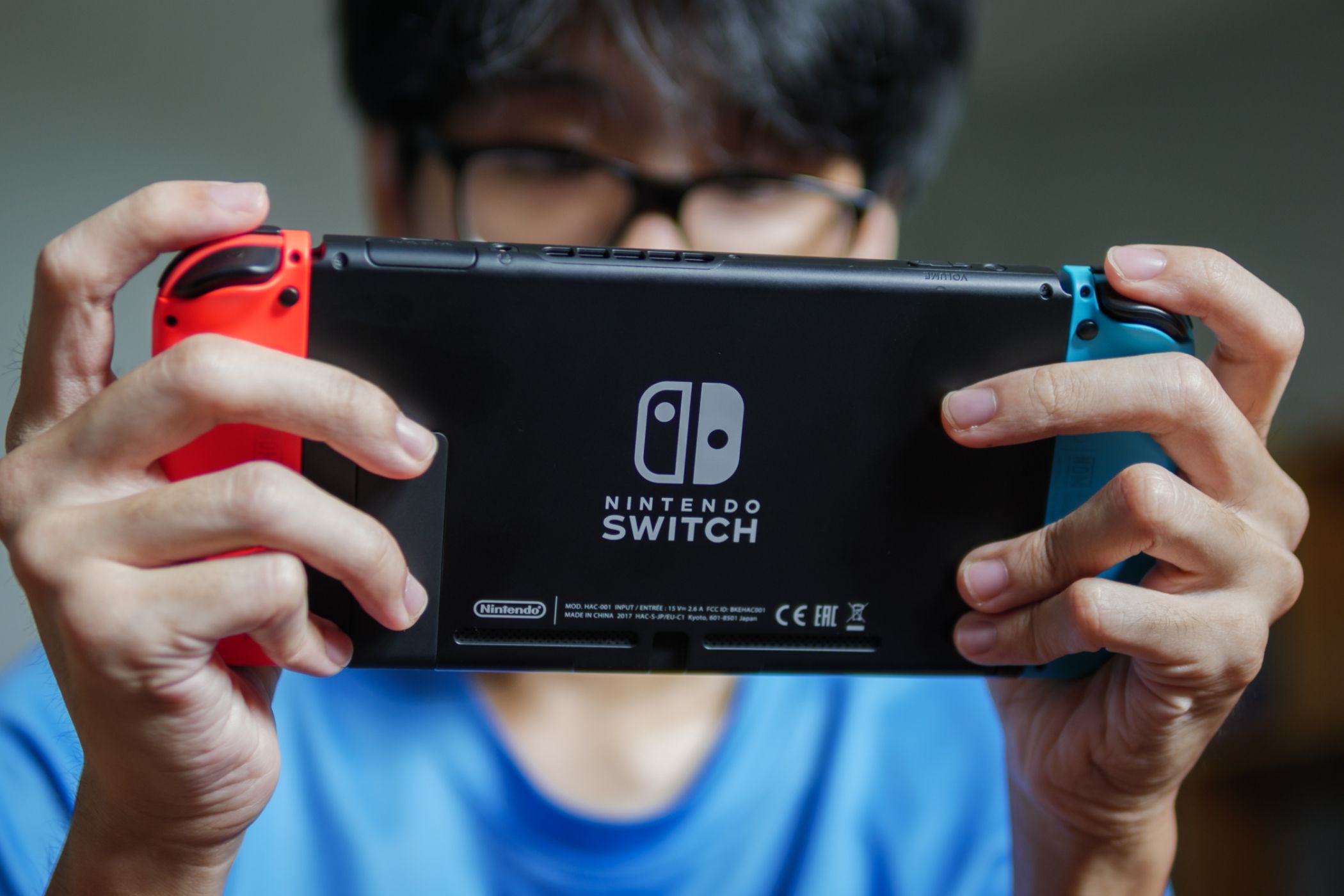
Related
The 10 Best Free-to-Play Games on Switch
If you can ignore the in-game currencies, you don’t need to spend a penny.
Games like Fortnite, Apex Legends, and Overwatch 2 run buttery smooth on PC and PS5, but they struggle with underpowered platforms like the Switch. You’ll find that you’ve got lower frame rates, blurry visuals, and more lag, putting you at a severe disadvantage in competitive online games. You might even find that the games freeze up and need rebooting more often.
Even if you don’t care about losing more matches due to your underpowered console, the lowered gameplay experience still puts me off returning to these games instead of booting up something that was expressly designed for my console of choice (or simply runs a lot better).
1
I Don’t Want Endless Gameplay
This last point is maybe a “me” problem, but it’s a big consideration. I like my games to have an end point. I’m not looking to spend the rest of my life playing a single game, and I don’t enjoy leaving a game with an unfinished feeling. But by their nature, almost every free-to-play game is designed to go on forever.
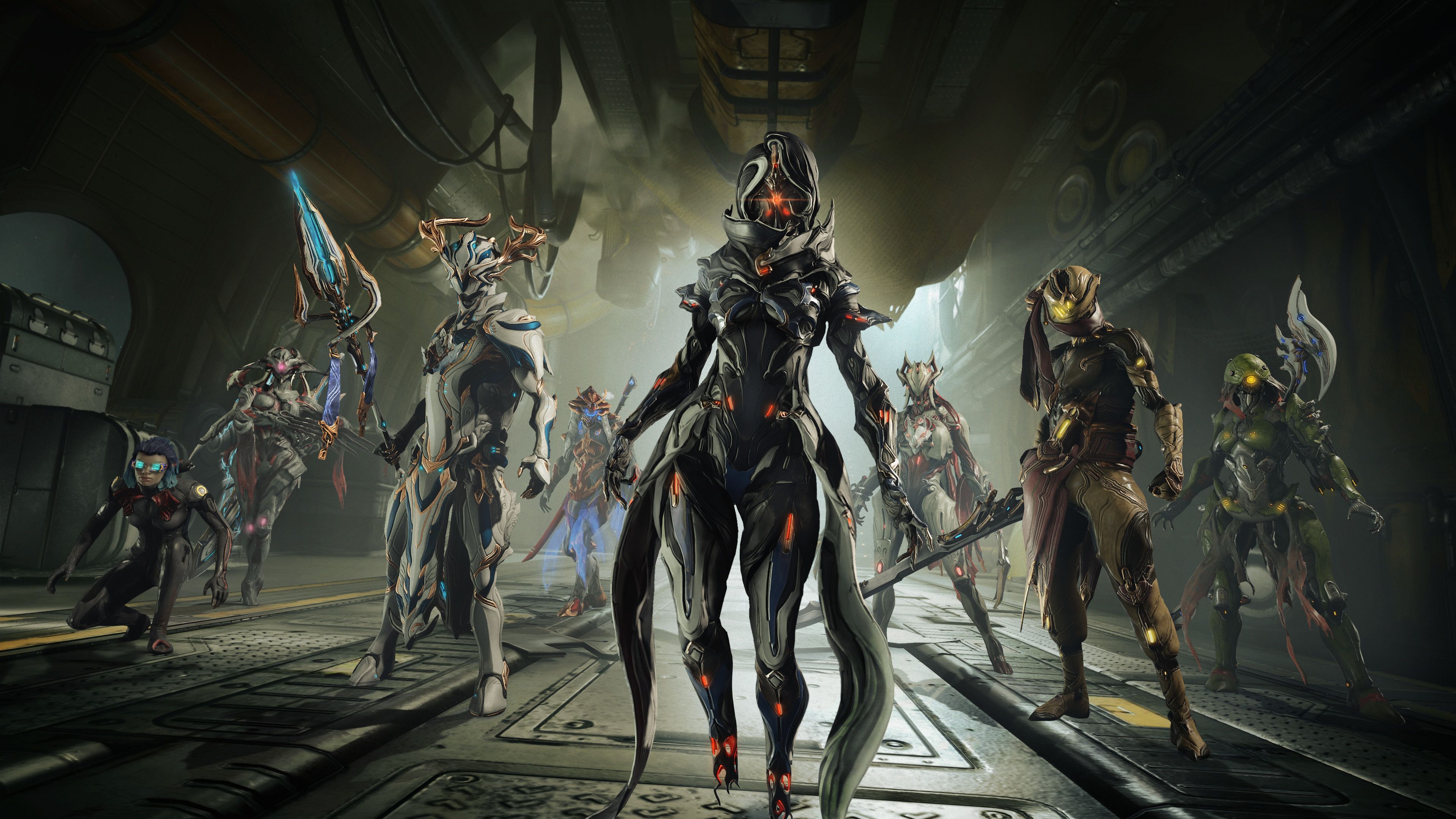
Related
6 Free Games With Hundreds of Hours of Content to Enjoy
Gaming is more expensive than ever, but these free games can give you hundreds of hours of fun for no cost at all.
The whole idea of many of these games is that they’ll suck you in with an addictive gameplay loop, timed rewards, and fresh new seasons to keep you coming back to that game time and time again. But that has never appealed to me. I much prefer games with a clear goal to reach, a narrative to work through, or even a pre-set number of levels to complete.
I love the feeling of completion that comes with seeing the credits roll on an awesome game, but that satisfaction will never come with a free-to-play title, making me hesitant to even start a lot of them.
Although I dip into free-to-play games on occasion, these annoyances always keep me from playing them for too long. I envy you if you can play past these problems—it’s a great way to save money on games. But I’d still much rather pay upfront for a game that doesn’t need to overcome these hurdles in the first place.


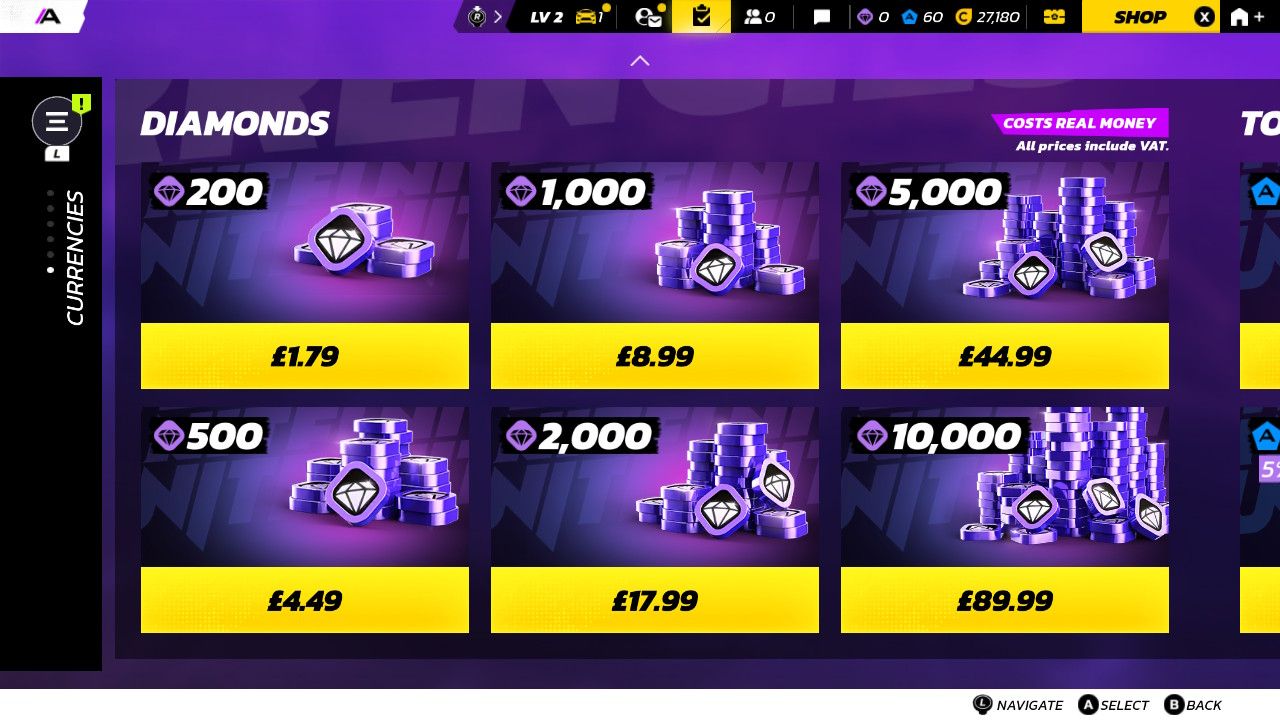
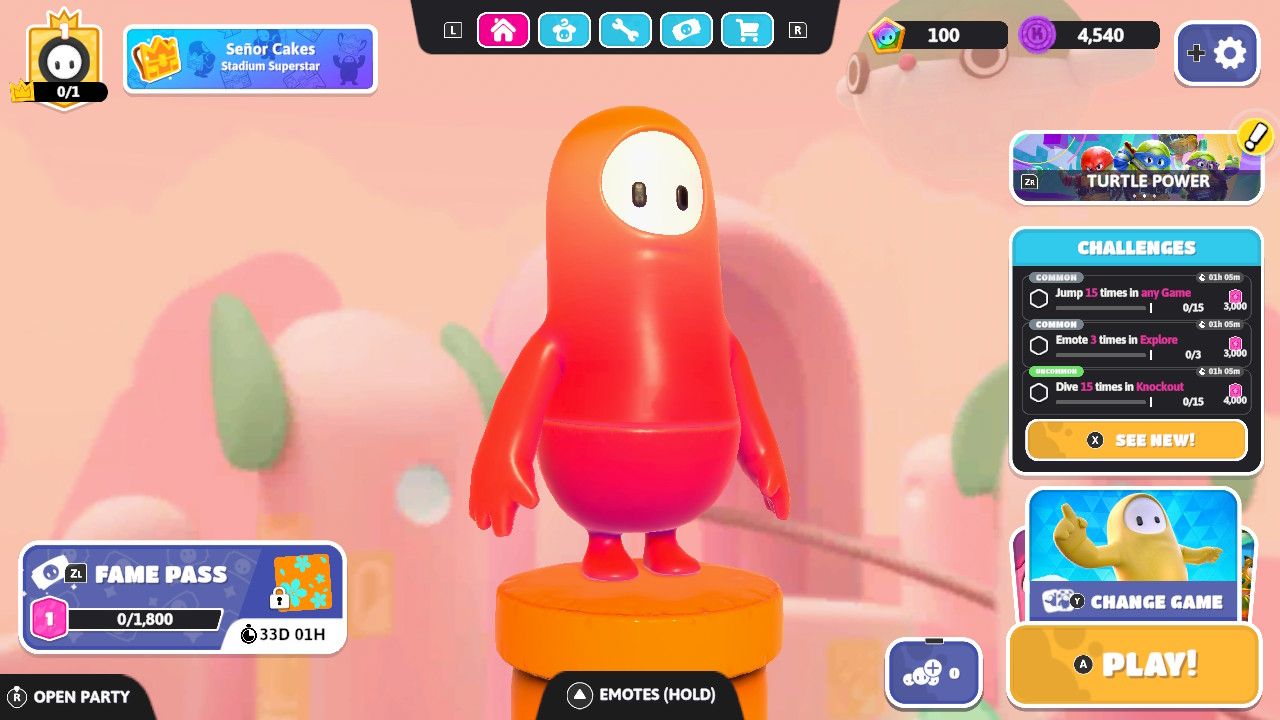
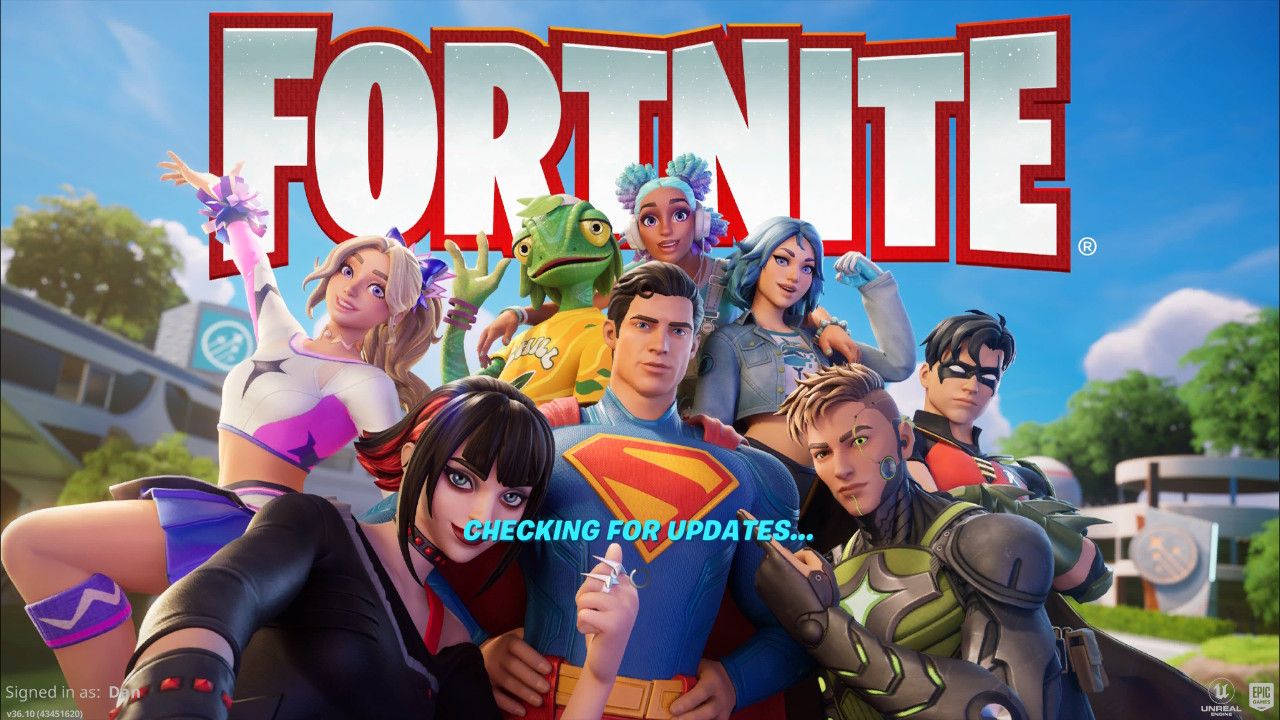
:max_bytes(150000):strip_icc()/twoku-twtich-roku-app-2053432b763a40d788ef726974d9ed2a.png?w=1174&resize=1174,862&ssl=1)




Leave a Comment
Your email address will not be published. Required fields are marked *